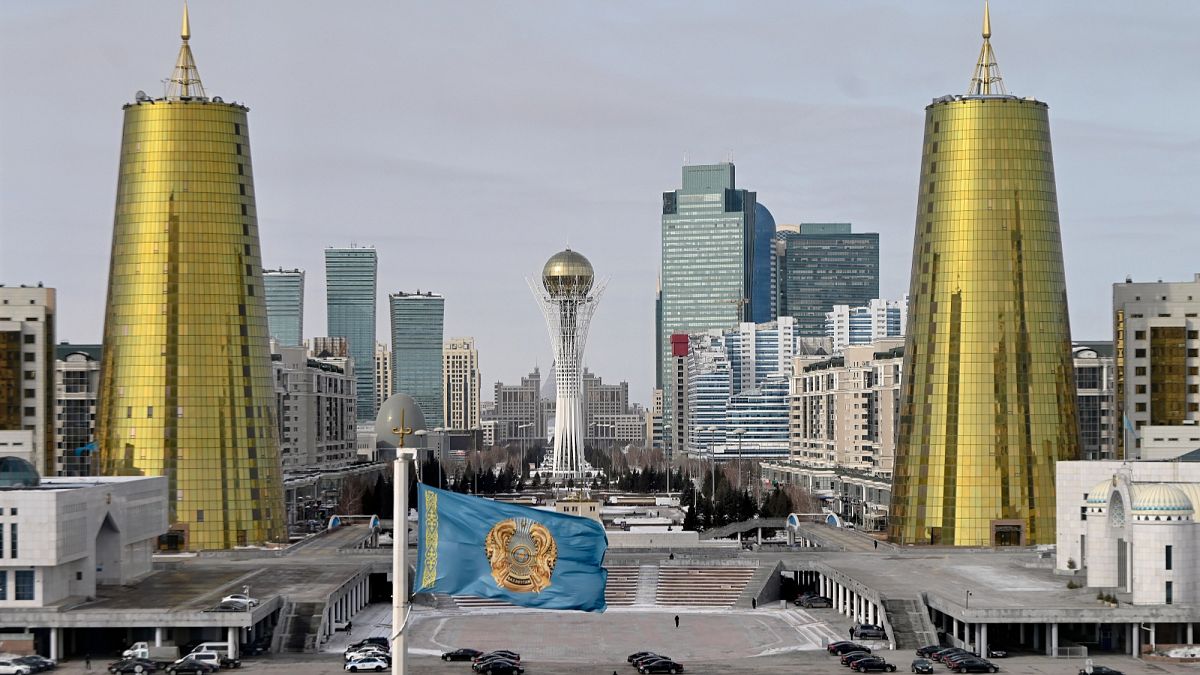

In recent days, a diverse array of legal and political developments have surfaced across the globe, touching on areas from civil rights and immigration to security and international relations. These stories reflect a dynamic global landscape where longstanding issues and emerging concerns intersect, prompting significant decisions and, at times, fierce debates. In this roundup, we explore the latest changes, shedding light on the significance and implications behind each event.
In Kazakhstan, a new law has been enacted banning face coverings in public spaces. The decision, signed into law by the country’s president, is seen as a security measure aimed at ensuring safety and public order. This legislation brings Kazakhstan in line with similar regulations from other nations that have introduced bans on face coverings, albeit amidst varying levels of controversy and acceptance. Public discussions around this law often center on the balance between security and personal freedoms, a recurring theme in today’s world where security concerns persist globally.
Meanwhile, in France, authorities have made a notable arrest involving an 18-year-old male associated with the so-called “incel” movement, a subculture linked with misogynistic views and anti-social behavior. This arrest marks a significant moment as it is connected to the national anti-terrorist prosecutor’s office’s first case associated with the incel movement. This underlines a growing awareness and preventive action against ideologies that may lead to threats against public safety, particularly emphasizing the importance of early intervention to thwart potential plots that could disrupt societal peace.
Across the Atlantic, the legal landscape is shaping up for Haitian immigrants in the United States. A federal judge recently blocked an attempt to end temporary protected status (TPS) for approximately 521,000 Haitian immigrants. Originally, the Department of Homeland Security had called for the termination of this status before its scheduled expiration, which has now been delayed until early September. This decision ensures that affected individuals can continue to reside and work in the United States under protected conditions while broader immigration policy discussions continue. In the same breath, the ruling offers a sense of relief to those fearfully anticipating abrupt disruptions to their lives.
Legal progress is also visible in the Cayman Islands, where a court in London has upheld a law legalizing same-sex civil partnerships. This decision aligns with efforts to advance LGBTQ+ rights within British overseas territories. Campaigners are hopeful that this move will foster broader acceptance and lead to legislative change across other territories under similar jurisdiction. The significance of this ruling is profound as it sends a message of inclusivity and sheds light on how legal systems can support fundamental human rights across different societies.
In the realm of international relations, comments from a former UK civil service chief have sparked attention by labeling Chinese President Xi Jinping as a “dictator,” in light of increased military activities around Taiwan. These remarks coincide with a UK defense review identifying these military exercises as a contributing factor to global instability. Such observations emphasize the complex dynamics between superpowers and highlight underlying tensions that could have far-reaching implications for peace and security in the region and beyond.
Altogether, these incidents illustrate the complex and interconnected nature of global issues, reflecting the multifaceted challenges and responses being navigated today. By understanding the particularities and motivations behind these events and developments, we can appreciate the nuanced approaches needed to address them, thereby promoting cooperative and peaceful resolutions both locally and internationally.
Source: {link}
